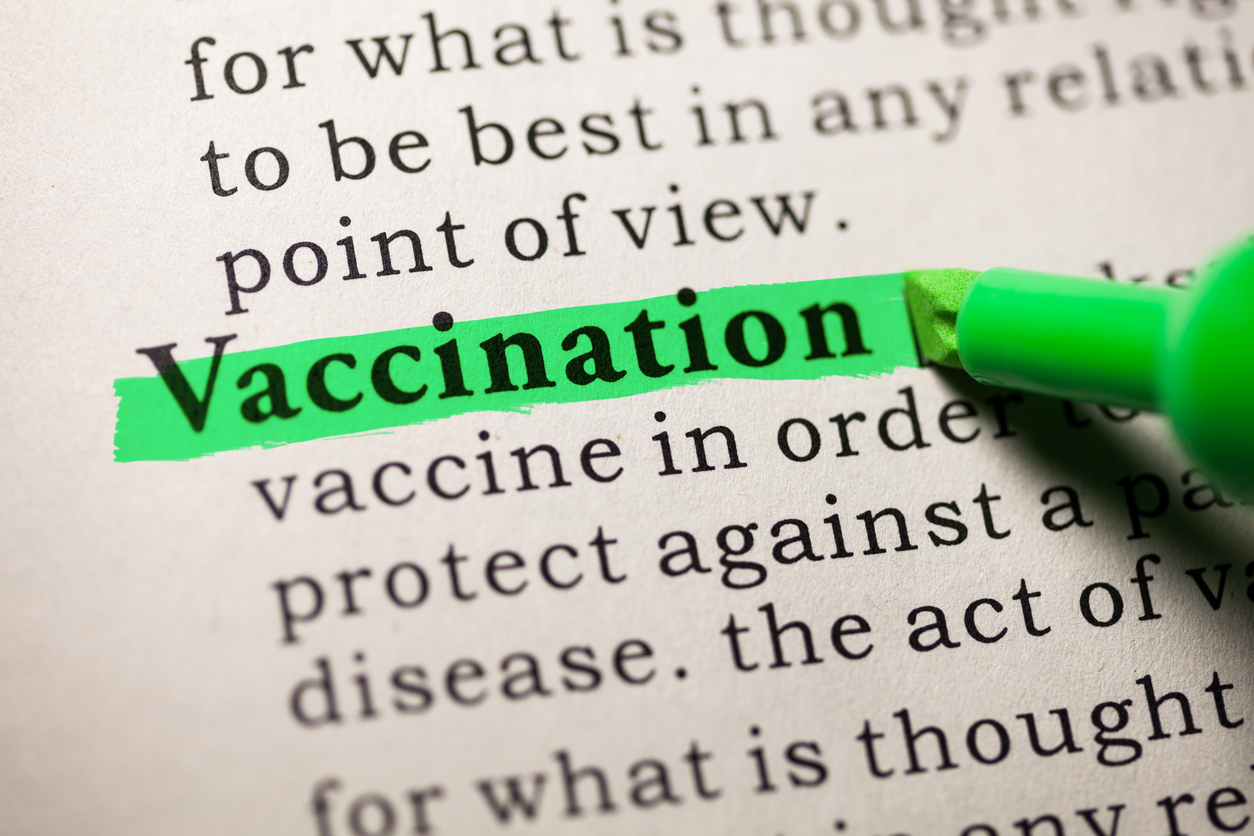2024-09-09
Relationship between biological ageing, periodontitis and cardiovascular disease: results of a national population-based study and a Mendelian randomisation analysis
Geriatrics
Source(s) :
Zhaoqi Zhang, Xingru Zhao, Shang Gao, An Li, Ke Deng, Kai Yang, Wei Liu , Mi Du ;

Last press reviews
Vaccine vs. SMC: rivals or partners?

#MalariaVaccine #R21MatrixM #Malaria #Vaccination #SMC #InsecticideTreat...
A race against time for a vaccine?

#PfSPZ #Vaccination #Malaria #Immunogenicity <br><br><br>...
Birch allergy: could one shot change everything?

#AllergicRhinoconjunctivitis #IgG4 #Allergoid #BirchPollen #Immunotherap...